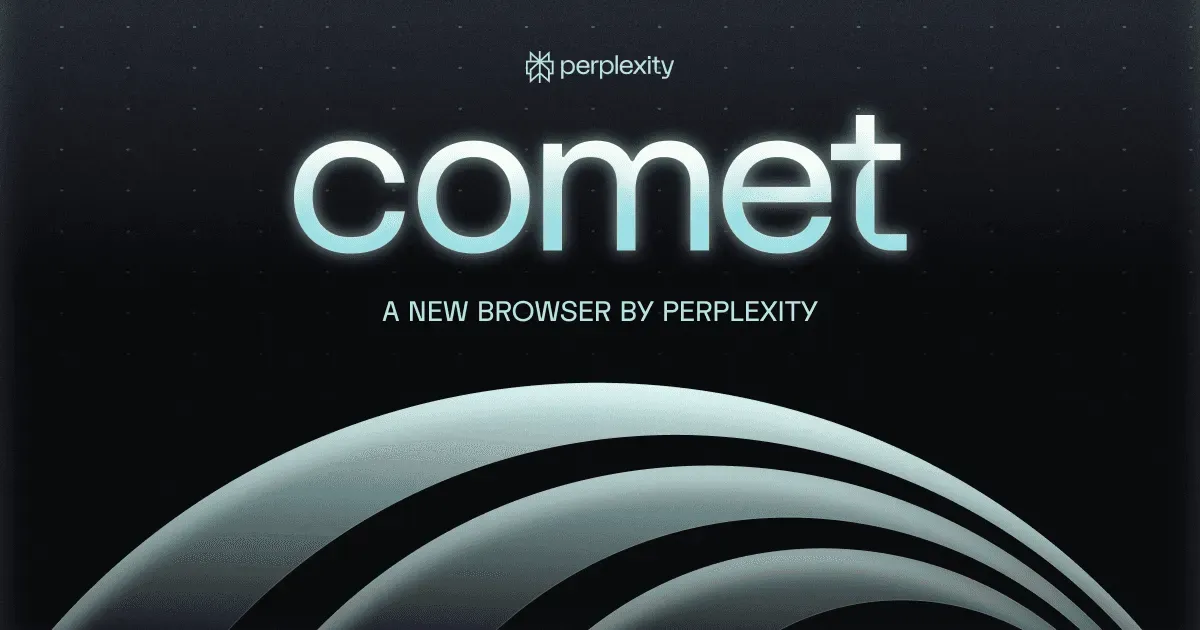Perplexity appears to be on the verge of reshaping the browser landscape with its upcoming Comet browser, which is rapidly evolving into a fully autonomous web agent. Newly discovered functionality suggests Comet will soon support direct posting to X, enabling users to simply type a request into the prompt bar and have the browser navigate to X, log in via a headless session, and post content on their behalf. This same mechanism could be applied more broadly—across email platforms, document editors, or other social media services—indicating that Comet isn’t just automating tasks, but actively operating as a headless web agent.
Magic 🪄 https://t.co/OzDj72EmcG pic.twitter.com/6nJcQVmKkh
— TestingCatalog News 🗞 (@testingcatalog) May 9, 2025
The discovery of these capabilities stems from internal logs that show Comet initiating and executing actions on authenticated web sessions in the background. This adds to previous findings about tab control, session memory, and browsing history management—all building blocks for an Operator-style tool. While no other browser has this built-in yet, Comet appears ready to deliver it natively.
testing tweets with comet browser agent
— Aravind Srinivas (@AravSrinivas) May 9, 2025
This development places Perplexity ahead of major players like Google, whose Project Mariner was revealed as a much earlier-stage prototype, likely intended as an extension rather than a core browser feature. Meanwhile, other AI browser efforts such as “Dia” from The Browser Company still lack this operational depth. The concept of “vibe browsing,” echoing the trend of “vibe coding,” frames this shift: users will increasingly rely on AI to navigate, generate, and manage online content without manual effort.
comet is pretty cool huh pic.twitter.com/a653ZblT6l
— Aravind Srinivas (@AravSrinivas) May 9, 2025
Perplexity’s Comet is reportedly nearing release by mid-May. If these features land as expected, it could mark the first real entry into the AI-native browser market with a product that behaves more like a web agent than a passive interface. For power users, creators, and professionals juggling content workflows, this shift could streamline a wide range of digital activities—from publishing to document editing—directly through AI.






